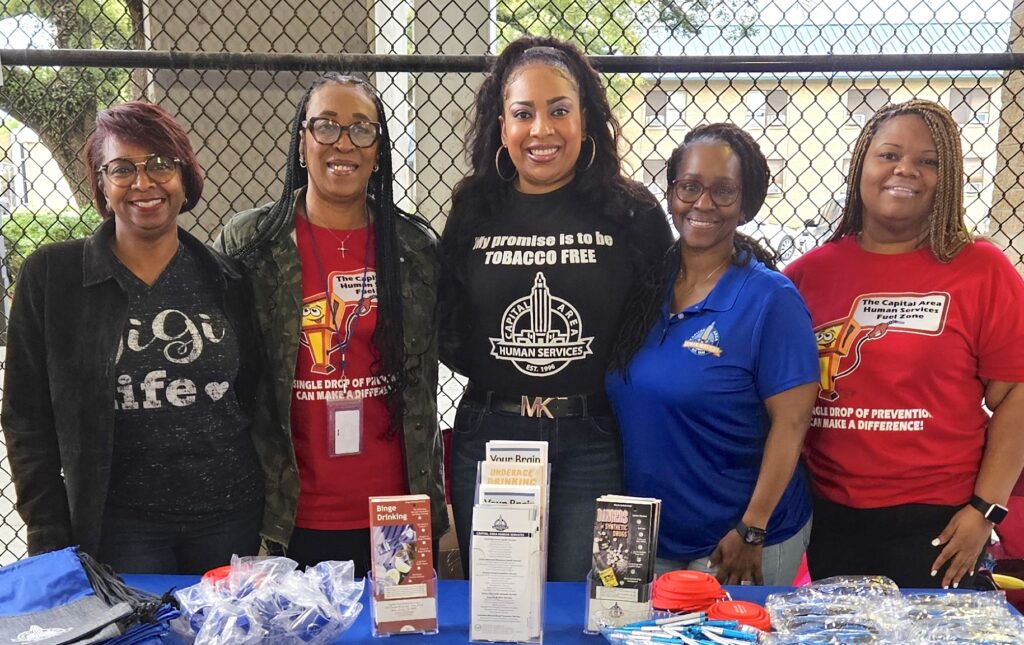Prevention and Wellness Services
7855 Howell Blvd., Suite 220
Baton Rouge, LA 70807
Phone: 225-663-6231
Fax: 225-359-9300 or 225-922-2658
Pictured (l-r) are Prevention Coordinators Dawn Collins and Alicia Richbourg; Director of Prevention and Wellness Services Bridget Lewis; Prevention Program Monitor Supervisor Yolanda Yancy; and Prevention Program Monitor Tamara Jones.
Our Prevention and Wellness team is always out in the community, conducting educational workshops, staffing informational booths at fairs, festivals, and events, and making presentations at civic clubs, conferences, and public forums.
We produce public awareness campaigns to help individuals and families live healthier lives. We also partner with businesses, community and faith-based organizations, and other governmental entities to expand our reach to help as many people as possible.
Featured below are just some of our many campaigns, activities, and programs. If we can help you or someone you know, please contact us at 225-663-6231.
COMMUNITY OUTREACH AND PUBLIC AWARENESS
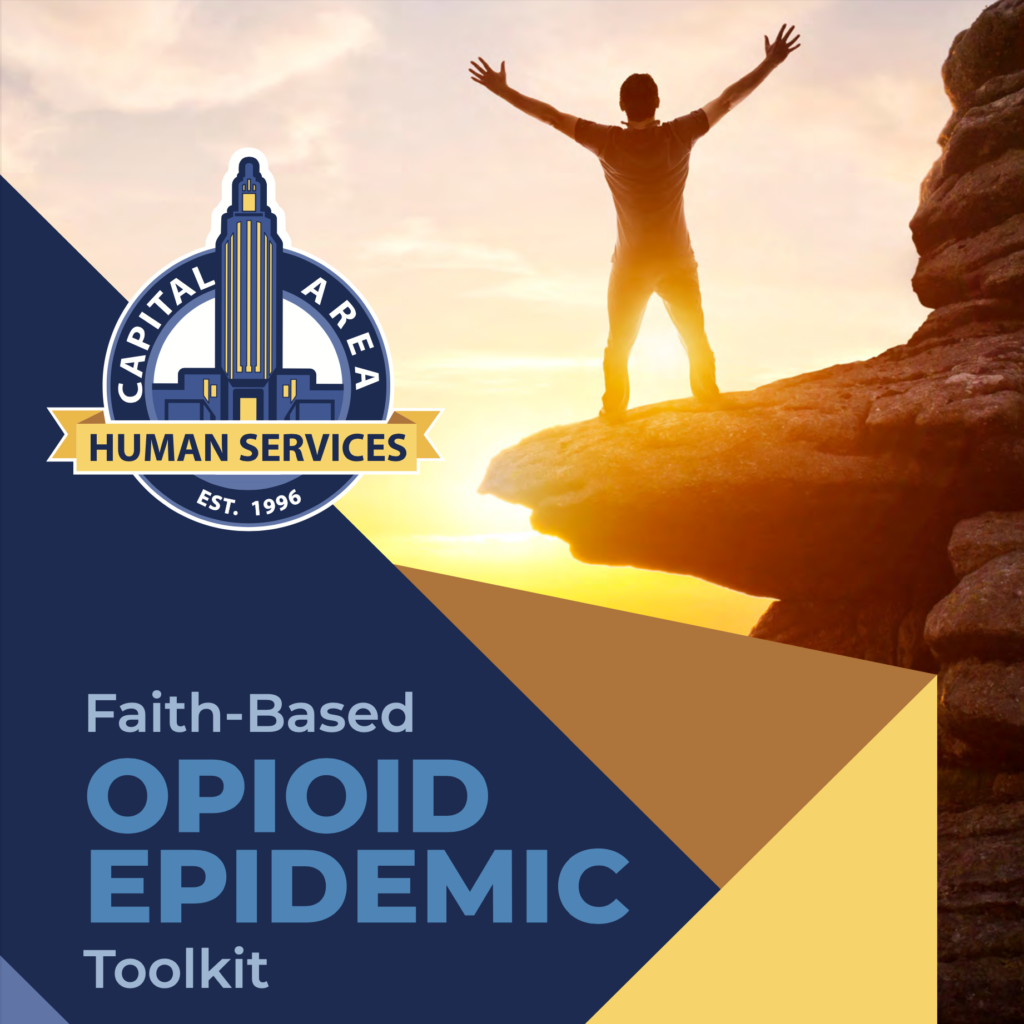 Our Faith-Based Opioid Epidemic Toolkit is designed to help faith-based leaders and congregations avoid the addictive nature of opioids. Drug addiction is not a moral failure. It is a brain disease that dwells outside the guidelines of morals, religion, and ethics. Click here to access your free toolkit, which is provided free of charge as a community service.
Our Faith-Based Opioid Epidemic Toolkit is designed to help faith-based leaders and congregations avoid the addictive nature of opioids. Drug addiction is not a moral failure. It is a brain disease that dwells outside the guidelines of morals, religion, and ethics. Click here to access your free toolkit, which is provided free of charge as a community service.
People of faith play critical roles in helping others avoid the dangers of opioid misuse, as every segment of our society is affected by this deadly threat. Members of our Prevention and Wellness team have worked many weekends and have enjoyed visiting churches and faith organizations to share information about the dangers of opioid misuse as part of our “Recovery Sundays” initiative. Please contact us if you would like more information about this outreach.
We have also sponsored “Driving Into Recovery” events in every parish where other community agencies join to welcome families who drive through the event to receive resources and information in the comfort of their vehicles.
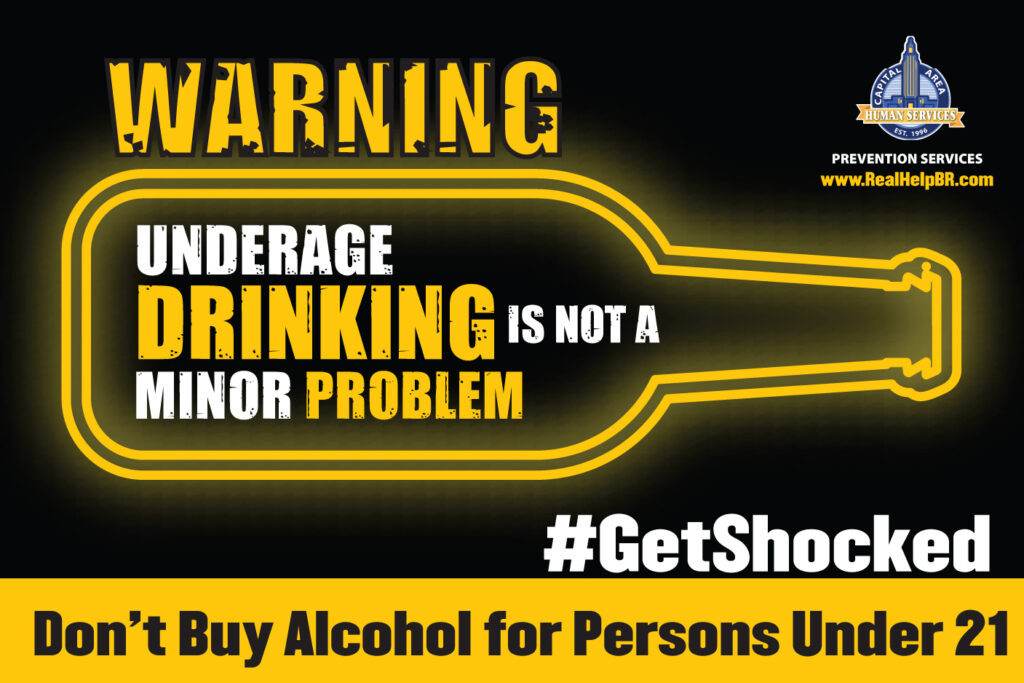 Our “Sticker Shock” campaign warns that it is illegal to buy alcohol for persons under 21 years of age. Penalties include arrest, jail, fines, and loss of driver’s license.
Our “Sticker Shock” campaign warns that it is illegal to buy alcohol for persons under 21 years of age. Penalties include arrest, jail, fines, and loss of driver’s license.
The campaign includes decals, posters, media ads, social media posts, and warning stickers on coolers and shelving where alcoholic beverages are sold.
Special thanks to Calandro’s Supermarket in Baton Rouge for hosting our kickoff event. Click here to learn more.
"Sticker Shock" videos
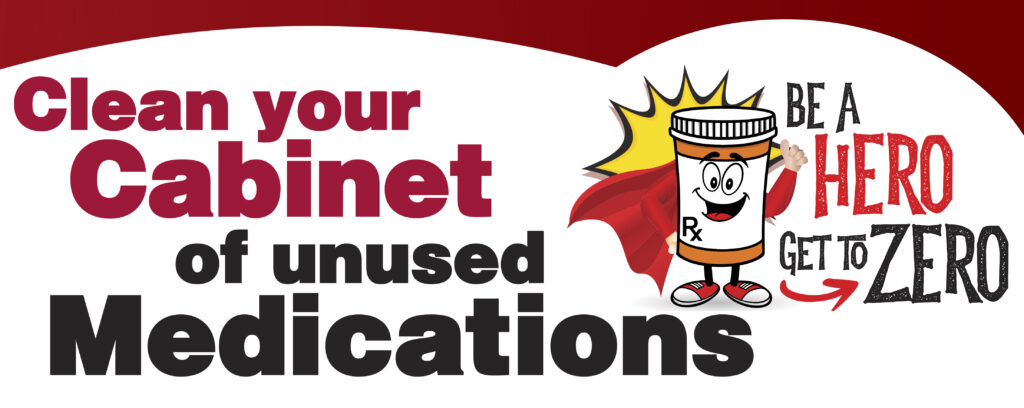
VIDEO: Click here to watch our PSA about medication safety.
Our “Be a Hero, Get to Zero” campaign urges families to clear their cabinets of expired, unused, and unwanted prescription medications so they don’t fall into the hands of others who could misuse them. More than 50% of people who misuse prescription opioids get them from family and friends, and one of the easiest places to get the drugs is from your own medicine cabinet. We are proud to participate in the U.S. Drug Enforcement Agency’s (DEA) “Drug Take Back” events (pictured below), and there are drop-off sites throughout the area that will safely dispose of the drugs for you. Click here to learn more.
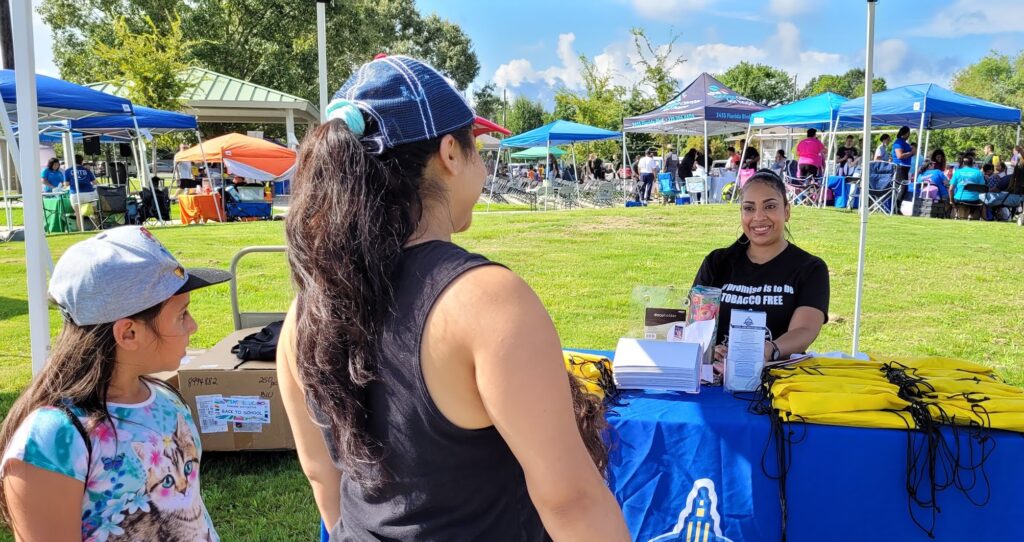 Our “Fairs and Festivals Initiative” creates safe, drug-free spaces at fairs, festivals, parades, and other public events where families and their children can be assured of a fun, safe and healthy experience.
Our “Fairs and Festivals Initiative” creates safe, drug-free spaces at fairs, festivals, parades, and other public events where families and their children can be assured of a fun, safe and healthy experience.
CAHS’ Prevention and Wellness team spends Saturdays, Sundays, and evenings attending various events throughout the region, staffing tents and tables where kids can play games and enjoy water or sports drinks as their families learn about ways to keep them safe and healthy. Please let us know about events and activities where we can bring the fun.
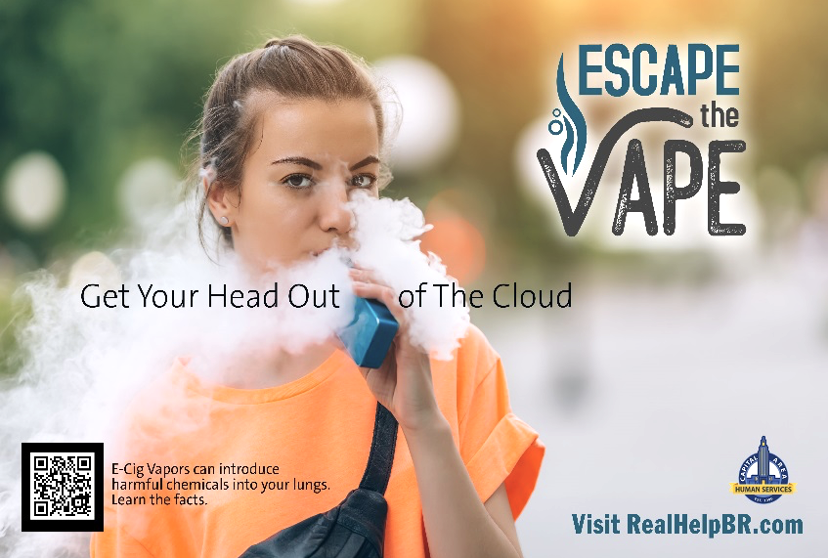 CAHS’ “Escape the Vape” campaign seeks to raise awareness about the dangers of vaping through the use of video, social media, and print ads. The campaign targets youth, between their teen and college-age years, and their parents.
CAHS’ “Escape the Vape” campaign seeks to raise awareness about the dangers of vaping through the use of video, social media, and print ads. The campaign targets youth, between their teen and college-age years, and their parents.
Click here for tips about how to talk with teens about the dangers of vaping.
The use of electronic cigarettes (e-cigarettes) or “vaping” is harmful, particularly to youth and young adults. Often marketed as safer than regular cigarettes, e-cigarettes deploy dangerous mixtures of addictive nicotine, flavorings that have been linked to lung disease, volatile compounds, and heavy metals, such as nickel, tin, and lead.
Click on the image above to watch our "Escape the Vape" PSA.
 The “Choose Kindness Project” is an alliance of more than 20 of the nation’s leading nonprofit organizations that champion three major issue areas affecting children and teens: bullying prevention, intentional inclusion and youth mental wellness. We appreciate the partnership with Mirror of Grace Outreach and the East Feliciana Drug Awareness Council to implement this initiative.
The “Choose Kindness Project” is an alliance of more than 20 of the nation’s leading nonprofit organizations that champion three major issue areas affecting children and teens: bullying prevention, intentional inclusion and youth mental wellness. We appreciate the partnership with Mirror of Grace Outreach and the East Feliciana Drug Awareness Council to implement this initiative.
The Choose Kindness Project is dedicated to inspiring a more inclusive world where all young people feel empowered to be themselves and feel safe to create the futures they imagine. As part of this project, CAHS professionals have worked with schools, administrators, teachers, families, and children to prevent bullying among youth.
RESOURCES
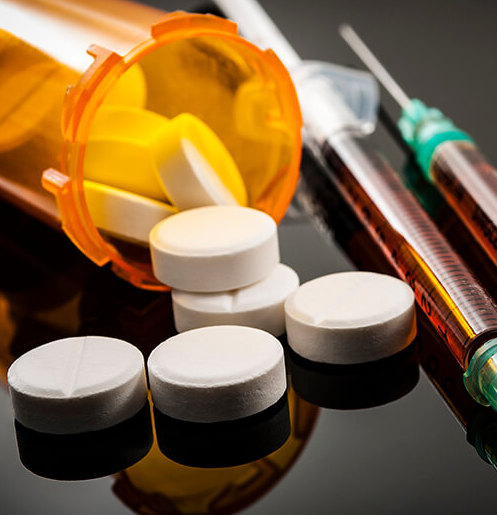 Opioid Misuse Prevention
Opioid Misuse Prevention
- Community-Wide Response Plan to the Opioid Epidemic, December 2018
- Red Carpet Event
- Generation Rx PSA – Belaire Magnet High School
- Generation Rx PSA – McKinley High School
- Hard Decisions – TJ’s Dilemma
- Me By Design
- Mirror of Grace Parenting Program
- Real Talk Addiction – Belaire Magnet High School
- The Bad Decision – Belaire Magnet High School
—————
 Faith Based Opioid Misuse Prevention Toolkit
Faith Based Opioid Misuse Prevention Toolkit
Capital Area Human Services, in concert with faith-based leaders, developed a practical toolkit that is free. Click here to download your free copy of the toolkit now.
Faith-based leaders play an important role in helping educate people about the dangers of opioid misuse, offering support for those affected by the opioid crisis, and directing people to treatment services in their community. Also, please call our Prevention and Wellness team if you’d like us to make a presentation for your faith-based organization, club, or agency.
- Addiction is a Disease
- Addiction Recovery brochure
- How Can the Church Address Adverse Childhood Experiences?
- Customizable Church Bulletin
- Church Bulletin front side only
- Church Bulletin back side only
- Conversation Starters for Your Congregation (4 x 6″)
- Conversation Starters for Your Congregation (8.5 x 11″)
- Emotional Intelligence information card
- Introductory booklet
- Medication Tracking Chart
- Pain Management pocket guide
- Quick Reference on Mental Health for Faith Leaders
- Recognize-the-Risk brochure
- Safe Medication Practices
- The Science of Addiction – Drugs, Brains & Behavior
- Creating Trauma-Informced Congregations
- VIDEO: Opioid Addiction Treatment
- VIDEO: Safe Medication Practices
- VIDEO: What are Opioids?
- VIDEO: What is Addiction?
—————
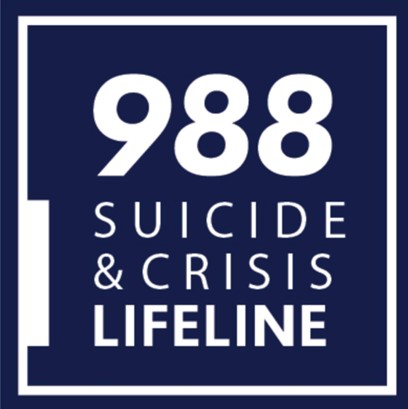 Suicide Prevention
Suicide Prevention
- American Society for Suicide Prevention
- Baton Rouge Crisis Intervention Center
- 988 Suicide & Crisis Lifeline
- Bridge Center for Hope
—————
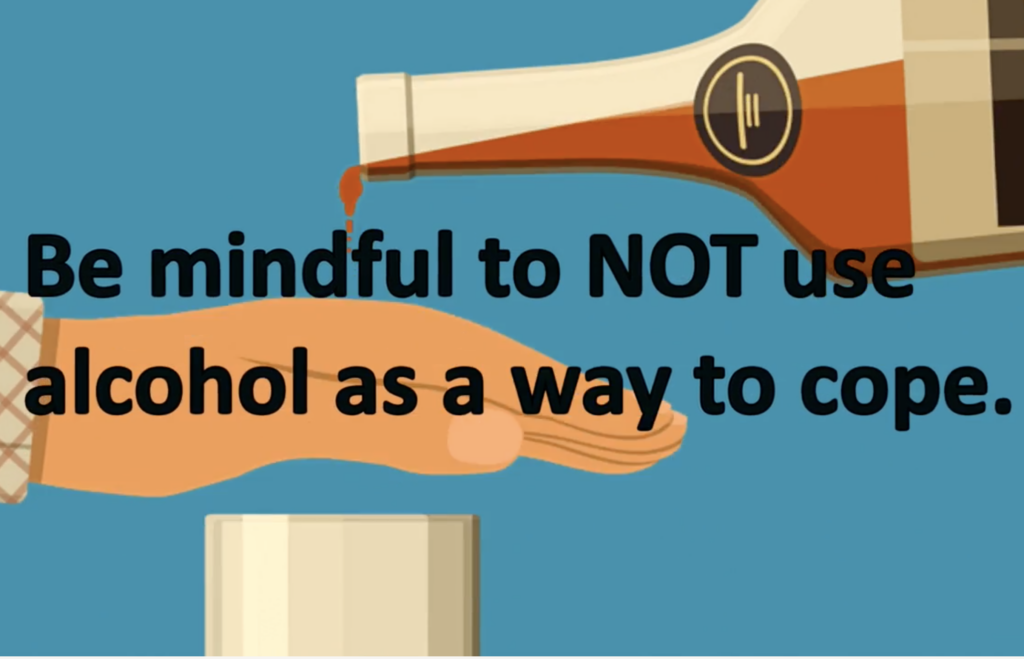 Alcohol, Tobacco and other Drug Facts
Alcohol, Tobacco and other Drug Facts
- Drugs of Abuse
- Drug Facts – High School Youth Trends
- Drug Facts – Bath Salts
- Drug Facts – Heroin
- Drug Facts – Prescription Drugs
- Drug Facts – Methamphetamine
- Drug Facts – Marijuana
- Drug Facts – MDMA, Ecstacy or Molly
- Drug Facts – Inhalants
—————
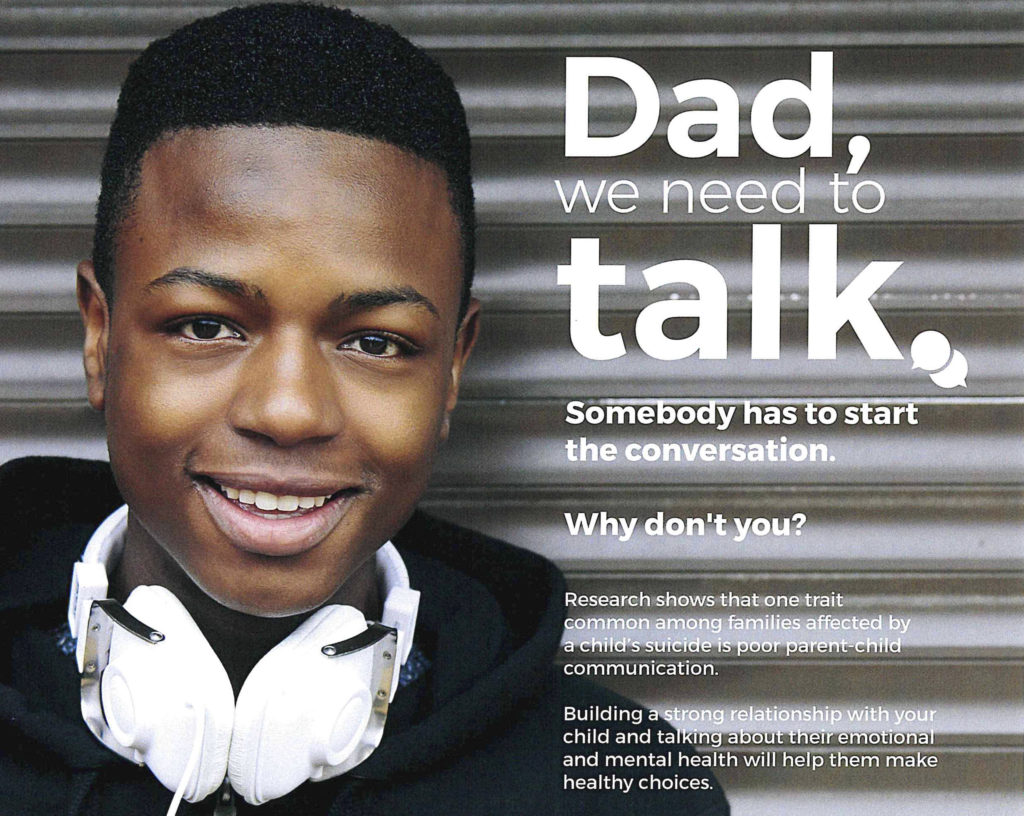 Parental Education
Parental Education
- National Coalition Against Prescription Drug Abuse
- Make a Difference – National Institute on Alcohol Abuse and Alcoholism
Caring Communities Youth Surveys
Community-Based Prevention Programs
—————
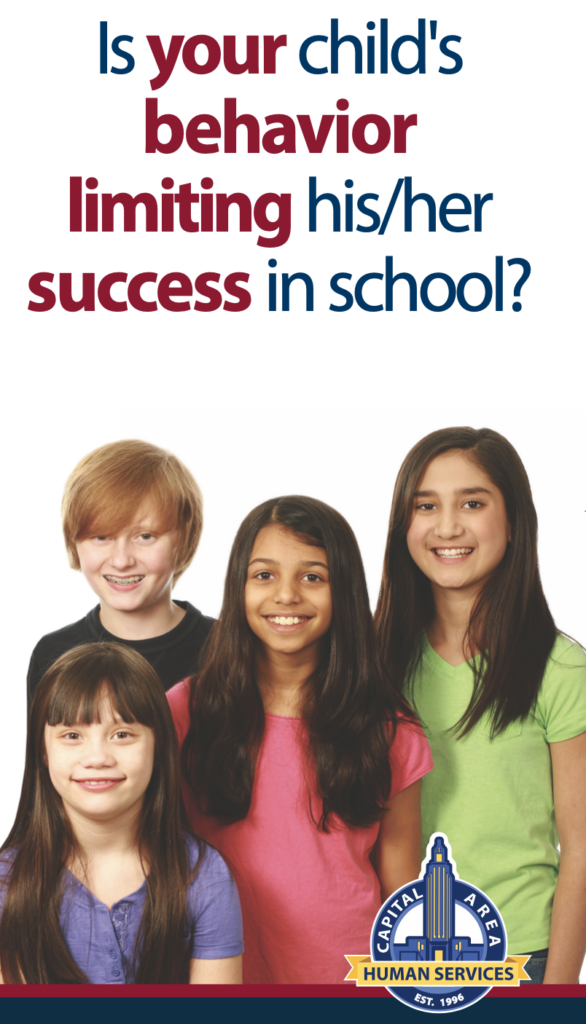 School-Based Prevention Programs
School-Based Prevention Programs
- Ascension Parish School Board
- East Feliciana Parish Schools
- Iberville Parish Schools
- Pointe Coupee Parish Schools
- West Baton Rouge Parish Schools
- West Feliciana Parish Schools
Local Resources
- Crime Stoppers Baton Rouge
- iCare Baton Rouge
- Quit With Us LA
- Louisiana Department of Health – Office of Behavioral Health

